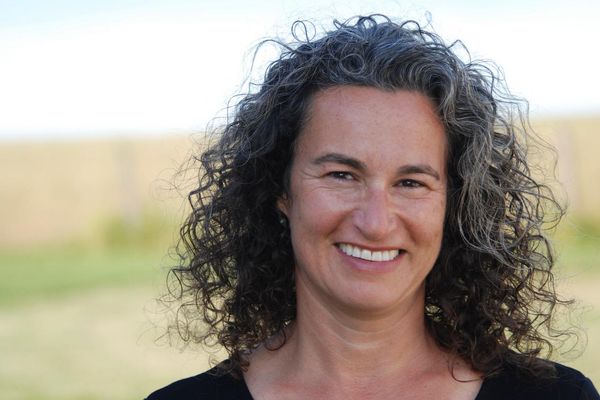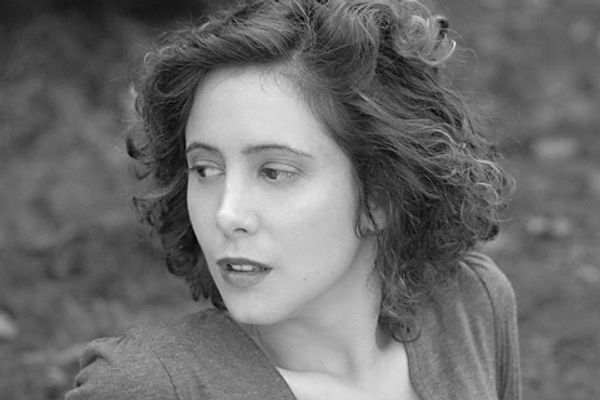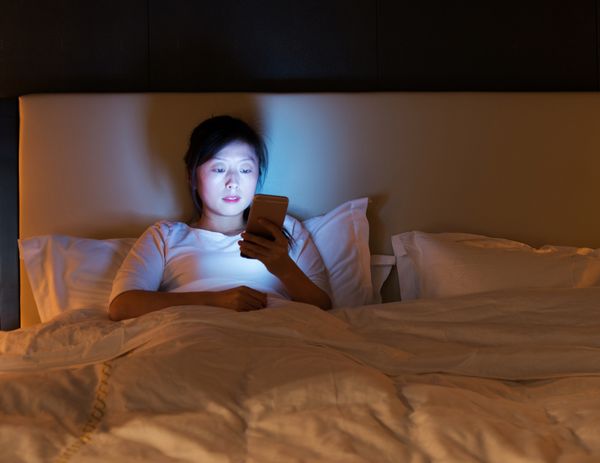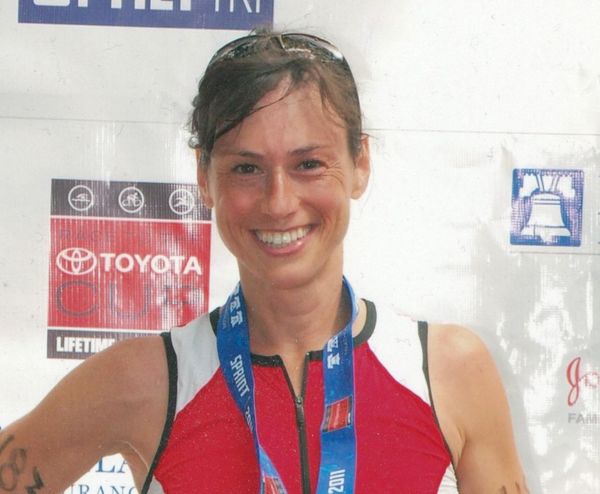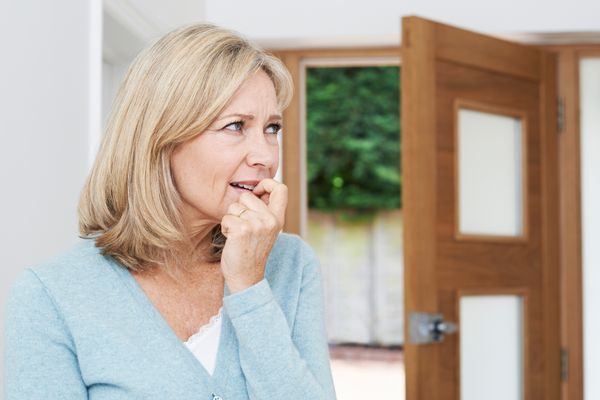
WEDNESDAY, Jan. 25, 2017 (HealthDay News)—The risk of premature or early menopause is higher among women who began having menstrual periods at a young age and did not have children, a new report contends.
Premature menopause is when periods naturally stop before the age of 40. Early menopause is when periods naturally stop when a woman is between 40 and 44 years old, the study authors said.
The new research included more than 51,000 women in Australia, Japan, the United Kingdom and Scandinavia.
Women who started their menstrual periods at age 11 or younger were 80 percent more likely to have premature menopause than those who started their periods between ages 12 and 13. Women who began menstruating at 11 or younger were also 30 percent more likely to have early menopause, the study authors said.
Those who had never been pregnant or never had children had a twofold increased risk of premature menopause. These women also had a 30 percent increased risk of early menopause, according to the study.
The risk of premature or early menopause was highest among women whose periods started at a young age and also had no children. For example, among women with both factors, the odds of premature menopause was five times higher. And the odds of early menopause was twice as high compared with women who had their first period at age 12 or older and also had two or more children, the study authors said.
The overall rate of premature menopause is 2 percent in the general populations of the countries in the study. The rate of early menopause in these countries is generally around 8 percent, the researchers said.
But for women who started having periods at an early age and had no children, the rates were 5 percent and 10 percent, respectively, the researchers found.
The study was published Jan. 25 in the journal Human Reproduction.
"If the findings from our study were incorporated into clinical guidelines for advising childless women from around the age of 35 years who had their first period aged 11 or younger, clinicians could gain valuable time to prepare these women for the possibility of premature or early menopause," lead researcher Gita Mishra, said in a journal news release.
Mishra is a professor of life course epidemiology at the University of Queensland in Australia.
The study findings suggest that doctors might want to consider women's reproductive health along with other lifestyle factors, such as smoking, when figuring out a woman's risk of early menopause, she said.
This would allow doctors "to focus health messages more effectively both earlier in life and for women at most risk. In addition, they could consider early strategies for preventing and detecting chronic conditions that are linked to earlier menopause, such as heart disease," Mishra explained.
SOURCE: Human Reproduction, news release, Jan. 24, 2017
Copyright © 2017 HealthDay. All rights reserved.



